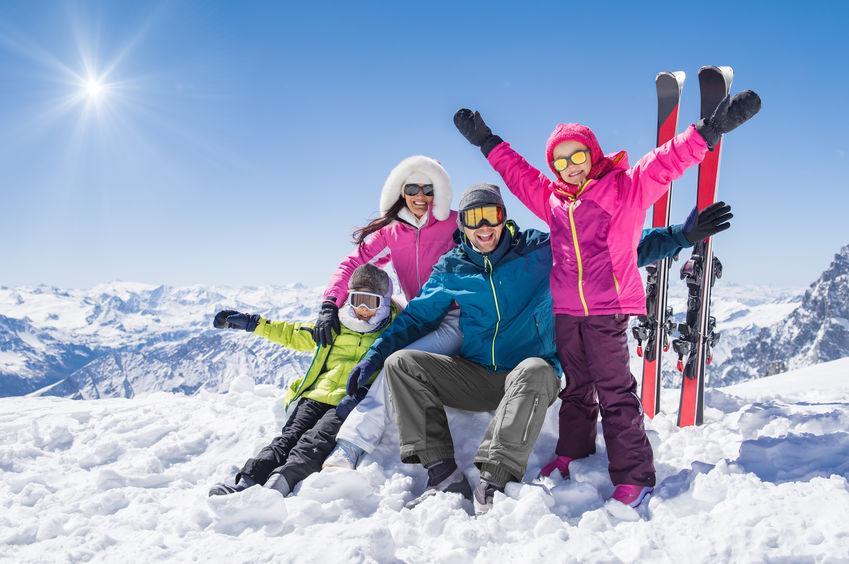Fighting Against The Frigid Temperatures
Winter is a special time for adventure-seekers going skiing or on a refreshing walk through a frosted wonderland. Regardless of activity level, individuals should consider the damaging effects of dry air, bitter cold temperatures, and harsh winds while hitting the slopes. In the short-term, winter warriors can end up with skin dryness, irritation, and burns. Long-term effects can be far worse. A multi-pronged protection plan is crucial to maintaining healthy skin.
The power of the sun
Many snowboarders, skiers, and other winter adventurers underestimate the power of the sun. The atmosphere at higher altitudes filters less sunlight than the sea-level atmosphere. Furthermore, the fresh, snowy powder acts as a brilliant reflective surface to beam UVA and UVB rays onto exposed areas of the skin.
How to protect yourself
Experts suggest ski-goers apply a broad-spectrum sunscreen with SPF 30 protection or higher. Sunscreen should be reapplied several times every couple of hours or so. Snow enthusiasts should apply sunscreen to all exposed areas, including the nose, eyelids, and ears. Lip balms with sunscreen provide sun protection and moisturization.
What to wear
Shirts, pants, jackets, sweatshirts, gloves, and other layers can keep the body warm while reducing skin exposure to the sun. In terms of head protection, skiers can choose to wear a hat, beanie, ski mask, and UVA/UVB-resistant googles to reduce damage from the sun and sub-zero wind. Finally, moisture-wicking clothing reduces chilling or irritation of the skin.
Keep skin moisturized
Moisturization should be performed before and after a skiing outing. While sunscreen protects the skin from harmful radiation, an oil-based moisturizer locks in moisture. Without proper moisturization, the skin can dry out during dry and cold conditions. Moisturizers can be applied immediately after a shower and before heading out to hit the slopes.
Drink up
Dehydration can make the skin feel dry, tight, and itchy. Skiers should drink water before, during, and after every activity at high altitudes. Additionally, skiers should avoid drinking caffeine or alcohol, which can have dehydrating effects on the body.
Recovery
After every outing, skiers may be tempted to take a long hot shower. Excessive bathing with hot water can remove natural oils and waxes. Ideally, individuals should not spend more than 15 minutes in the shower. Finally, moisturization keeps the skin hydrated after a bath or shower. Protective measures are crucial to maintaining healthy skin and partaking in wholesome fun. For more tips, speak with a dermatologist.





